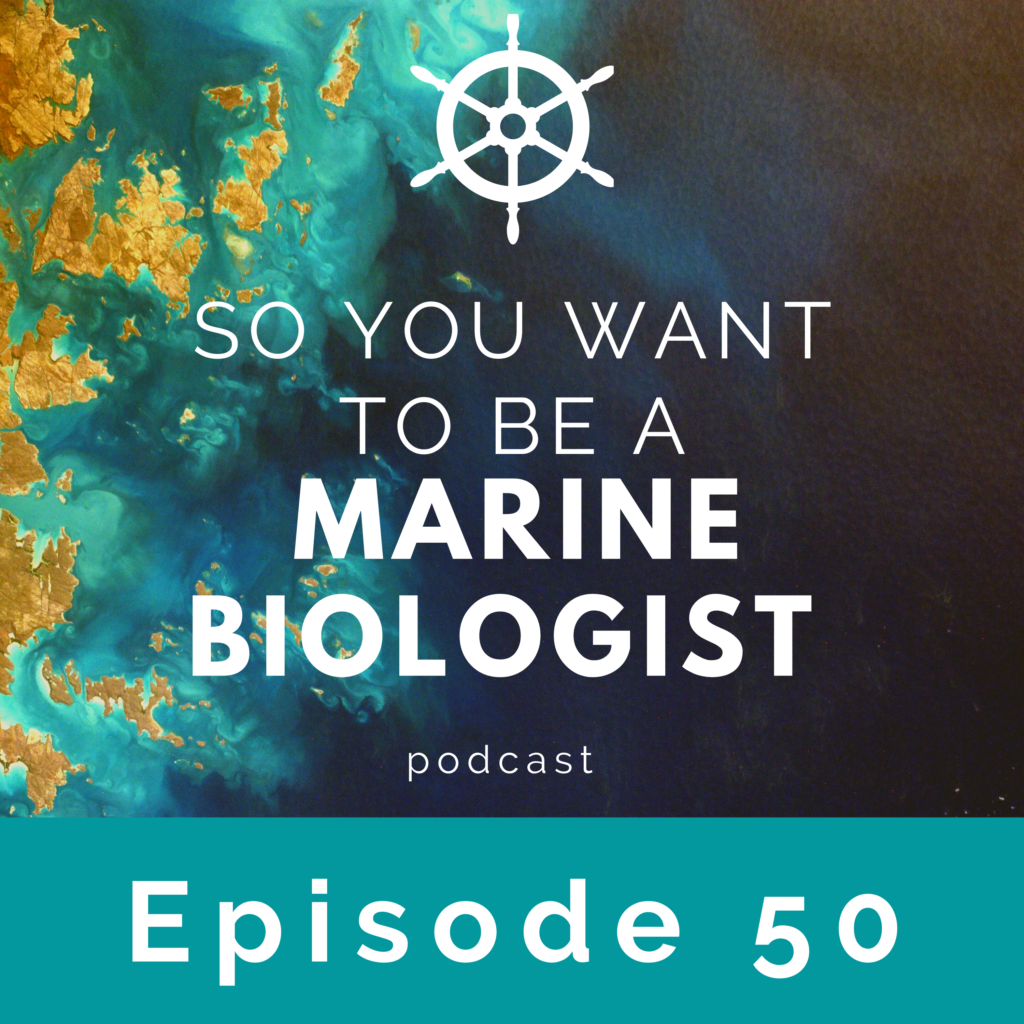For this milestone episode, Laurie Bachelor is back on the podcast and we’re chatting about two of the biggest challenges our oceans face (overfishing and pollution) and how tending to your proverbial garden can save our planet.
In this episode you’ll learn:
- The shocking amount of plastic we regularly ingest
- The effect of government subsidies on our fisheries
- How excess nutrients in the water impacts ecosystems
- Why data collection is so stinking important
- (MOST IMPORTANTLY): The change that you can effect
And SO MUCH more.
Quick Links
Rachel Carson
Demersal species
Pelagic species
Dredging fishing
Trawling fishing
Purse seines
Gill nets
Sylvia Earle
Status of the World’s Fisheries Report 2020
Marine Protected Areas
Bren Smith (episode 46)
Greenwave
Seafood Watch Guide
Marine Stewardship Council
Bioaccumulation
DEP
UF
Cryptosporidium
Giardia parasite
Sargasso Sea
Sargassum Blooms
Glyphosate
Agent Orange
Episode 30
Remarky Mark
Show Notes
3:00 Rachel Carson quote to get started on our first topic of the day: fisheries!
4:13 Laurie defines what commercial fishing is: small scale, large scale, and the aquarium trade
15:15 the importance of datasets and the shifting baseline syndrome
19:30 how government subsidies affecting fisheries
22:30 the challenges of quotas and datasets
23:30 what an Marine Protected Area and why they’re so important. 26% of US waters are protected, but only 1.5% of ocean worldwide is. Laurie shares a personal anecdote from the Baja peninsula.
34:45 Aquaculture and why it can be used for seafood for the future, and why it’s not really now. The problems? It uses land, creates pollution, uses already pressured fish resources.
41:15 Seafood watch guides can help you to make educated choices on what to consume. Being an educated consumer is super important. What can you do: know what you’re putting on your plate.
45:00 the different types of pollution: light, noise, trash, and chemicals. Kara breaks down two of the “easier” types: light and noise (the rest of the episode is dedicated to trash & chemicals).
47:05 Laurie shares another pertinent Rachel Carson quote.
48:00 Chemicals in the ocean are persistent. 80% of marine pollution comes from land based sources. It starts on land. Laurie shares the six outfall pipes in Florida that are point-sources of pollution and the slated phasing out.
53:10 California’s “first rain” phenomenon and why you can’t go swimming right after a rainstorm in the Golden state. What’s going on in your backyard?
57:15Glyphosate aka Roundup. What it is and how it impacts our waterways. Glyphosate is water soluble and this can have big impacts. Kara shares a story from her neighbor and her war on weeds.
1:11:00 FWC
1:12:20 plastics in the ocean. 220 million tons produced each year. None
1:21:45 How you can make a difference and help with pollution in the ocean. Reduce, REUSE. Kara shares her ocean-friendly dental hygiene tip: use baking soda. Also, make sure you’re voting!
